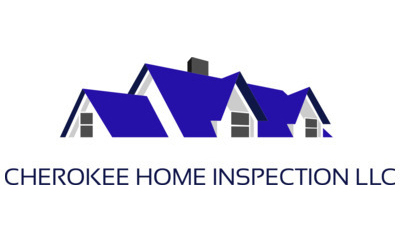-
Services
We offer the most comprehensive home inspection service available.
We start at the roof and evaluate not only the roof surface, but also the chimney, the ventilation system, the electrical service entrance, the plumbing stack, and any other systems or components located on the roof.
Our next step is to inspect the exterior of the home. We use a macro and micro approach to look at both the big picture and all the details.
We then move inside the house, and starting at the bottom, work our way up through the home into the attic. While inside, we address such things as the structure, the heating and cooling systems, the electrical and plumbing systems, the interior finishes, the insulation and ventilation, and accessories such as fireplaces.
Our evaluation is then communicated through a detailed inspection report, which includes descriptions of all the systems in the home, as well as any recommended improvements. This will help you prioritize the improvements and develop a blueprint for your future in the home.
Best of all, our services don’t end with the inspection. For as long as you own the home, you can call with any additional questions — at no extra charge!
-
The Buyers Inspection is just that when the buyer wants the home they are buying to be looked at by a licensed professional, before they finalize the real estate deal.
-
The Pre-Sale Inspection is you as a home owner getting your home inspected by a licensed professional before you put it on the market, in order to avoid delays at the end of the real estate deal. You know what's wrong, you can get it fixed or make allowances for the repairs.
-
The Thermal Imaging (Infrared Scan) is used to further verify moisture, in Bathrooms and under sinks, and ceilings. The thermal scan can also show you breakers in a panel box that's possible overloaded as well as radiant heat in flooring. So if you have concern with water stains on the ceilings, or in and around the toilets it's a service you want to consider.
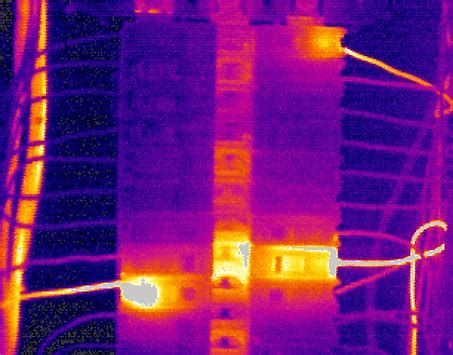

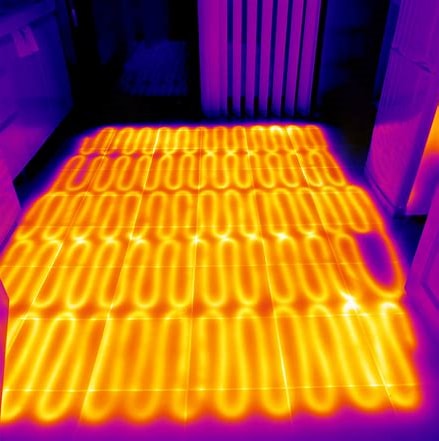
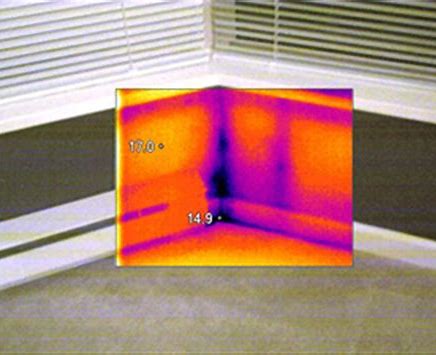
-
The Sewer Scope Inspection, is a main sewer line inspection from the sewer cleanout of the house. We start from the sewer cleanout to the city sewer man hole or the homes septic tank. This inspection is a video of the entire inspection. Tree's near by, you possible could have roots growing in your sewer pipe and it will stop up completely before long. the other issues is grease collecting in the sewer line as it cools, and then debris start hanging on it, such as toilet paper, specially baby wipes. BABY WIPES CAN STOP YOUR SEWER LINE UP AND SOME DO NOT BREAK DOWN, and less not forget about the kids toys that come up missing and then your sewer line is stopped up. I recommend this add-on service, its always good to know if you have any issues with the main sewer line carrying water/waste from your home BEFORE YOU BUY IT.


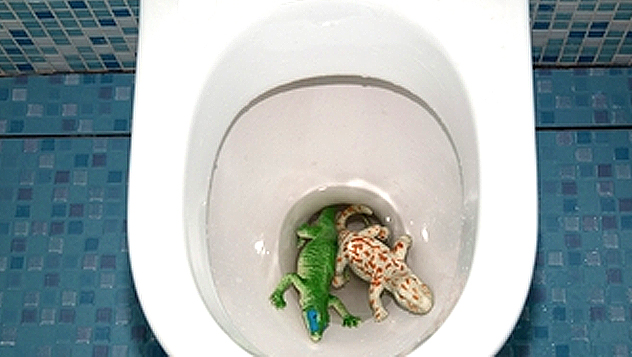
-
We offer RADON TESTING, if you are living or buying a home in Arkansas that borders Missouri, then you should consider getting your home tested for radon. This test requires a minimum of 48 hrs to complete. We are IAC2 Certified in Radon and Mold. Homes with radon levels at 4 pCi/L or higher should be mitigated. Radon levels less than 4 pCi/L still pose some risk and in many cases may be reduced. The U.S. EPA recommends that you also consider mitigating your home if it tests between 2 and 4 pCi/L.
Radon is a naturally-occurring radioactive gas that can cause lung cancer. Radon gas is inert, colorless and odorless. Radon is naturally in the atmosphere in trace amounts. Outdoors, radon disperses rapidly and, generally, is not a health issue. Most radon exposure occurs inside homes, schools and workplaces. Radon gas becomes trapped indoors after it enters buildings through cracks and other holes in the foundation. Indoor radon can be controlled and managed with proven, cost-effective techniques.
Breathing radon over time increases your risk of lung cancer. Radon is the second leading cause of lung cancer in the United States. Nationally, the EPA estimates that about 21,000 people die each year from radon-related lung cancer. Only smoking causes more lung cancer death.
-
We are IAC2 MOLD CERTIIED, and can take sample of the areas of concern and have it properly tested at a professional certified lab and get you the results back fast. Mold affects everyone different, while people with allergies/asthma will probably be affected more than people with no upper respiratory problem. If you suspect you are smelling mold of seeing visible signs on walls, ceilings, and window sills, you need to get it inspected and determine the cause. Mold requires moisture to grow, and if the area suspected mold is greater than 9 sq. ft. or a 3'X3' AREA, DON'T TRY TO REMEDIATE IT YOURSELF, CALL A PROFESSIONAL.
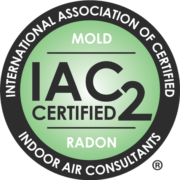
-
SEPTIC LOAD AND DYE
A septic load and dye test is a common method used to assess the condition and capacity of a septic system. This test is usually performed when buying or selling a property with a septic system, or when trying to diagnose potential issues with the system.During the test, a colored dye is introduced into the plumbing system of the property. The dye is typically a non-toxic and biodegradable substance that is harmless to the environment. Once the dye is introduced, the property's plumbing fixtures are used normally to simulate the regular flow of wastewater into the septic system.
The purpose of the dye test is to trace the flow of water from the point of entry into the septic system to the drain field or absorption area. By doing so, the test can reveal any potential leaks, blockages, or problems with the system's drainage. If the colored dye is observed surfacing in areas where it shouldn't be, such as the surface of the ground or in nearby water bodies, it indicates a potential issue with the septic system.
As for the septic load test, this involves intentionally flooding the septic system with a large volume of water to evaluate its ability to handle a heavy load. The test can help determine whether the system is capable of handling the wastewater load it is designed for, and whether it is functioning properly under stress. During the test, large volumes of water are simultaneously introduced into the system to simulate heavy water usage, such as during a big gathering or event.
The septic load and dye test is an important tool for evaluating the condition of a septic system and ensuring that it is functioning properly. It can help identify any potential problems with the system, such as leaks, blockages, or overloading, and is an essential part of due diligence when buying or selling a property with a septic system. Additionally, it can provide valuable information for homeowners and property owners who want to ensure the proper functioning of their septic systems.
If you need further information about conducting a septic load and dye test, or if there's anything else you'd like to know about septic systems or related topics, feel free to give Cherokee Home Inspection LLC a call at 501.215.8700 or visit us on the web at CHEROKEE HOME INSPECTION LLC

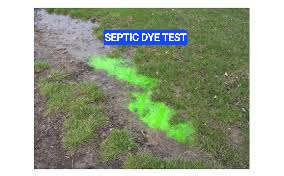
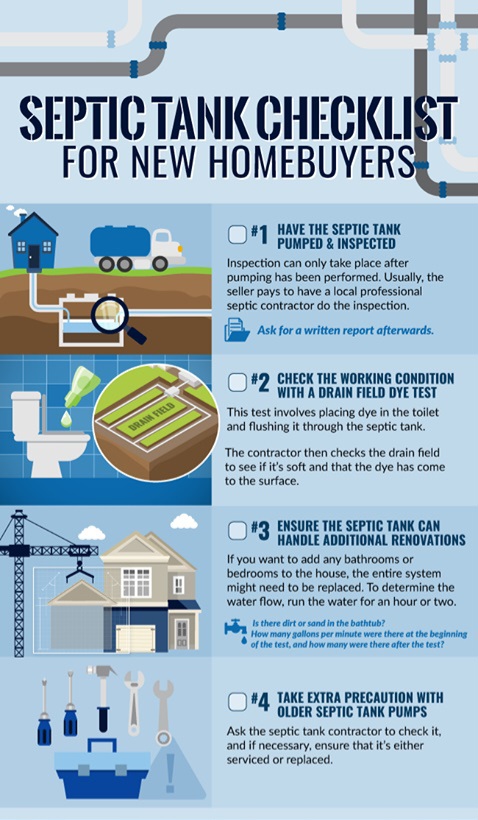
-
METH RESIDUE SAMPLING


There are several compelling reasons why you should have your rental property tested for methamphetamine (meth):
Health Risks: Methamphetamine is a highly toxic and hazardous substance that can pose serious health risks to individuals who are exposed to it. Long-term exposure can cause damage to the respiratory and nervous systems, as well as increase the risk of cancer and other serious health problems.
Property Damage: Methamphetamine production can cause significant damage to a rental property, including the ventilation system, walls, floors, and electrical wiring. This damage can be expensive to repair and may make the property uninhabitable.
Legal Liabilities: As a landlord, you have a legal responsibility to ensure that your rental property is safe and free from hazardous substances. Failure to test for meth and address any contamination can expose you to legal liabilities and fines.
Reputation: Renting a property that has been contaminated with meth can harm your reputation and negatively impact your ability to attract future tenants.
Protecting Tenants: By testing for meth, you can ensure that your tenants are not exposed to hazardous substances and that they are living in a safe and healthy environment.
Overall, testing for meth in rental properties is a necessary and important step in protecting the health and safety of tenants, avoiding legal liabilities, and maintaining the value and reputation of your property. It is recommended to test for meth regularly, especially before and after a tenant moves out, to ensure that the property is free from contamination.
Serving Cherokee Village, Hardy, Ash Flat, Evening Shade, Cave City, and surrounding area.
